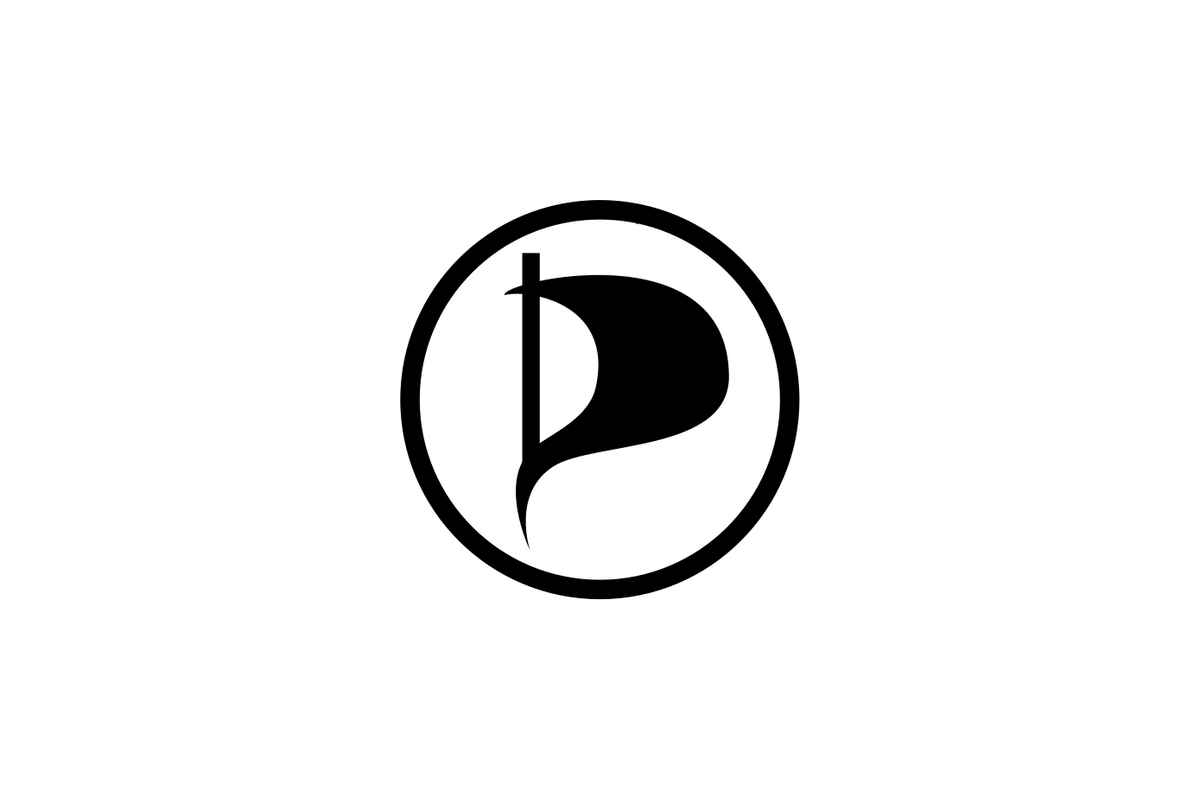In recent years, as the internet has exploded in size and capacity, the line between private and public information has become increasingly blurred. Information that once was virtually inaccessible is now more prone than ever to end up in the wrong hands. The DU Pirate Party, home to students who range from professional hackers to online privacy enthusiasts, plays an important role in promoting campus-wide discourse on individuals’ rights and freedoms online. Trinity News spoke with Donal Hogan, treasurer of the DU Pirate Party, to learn more about the society that gives a new meaning to the popular phrase “society hacks.”
The DU Pirate Party was founded in 2009 as an offshoot of the former Pirate Party of Ireland, which was itself part of a movement modelled on the Swedish Piratpartiet. While the Pirate Party has since left the Irish political sphere, the DU Pirate Party remains active on campus and continues to advocate for the party’s primary goals. “There’s no Pirate Party in Ireland anymore, so we can’t do anything political,” Hogan admits, “but we still try and uphold their values of free speech, freedom on the internet and extension to copyright.”
In order to promote these values, the DU Pirate Party holds a broad range of events for its members. “We mainly do talks or workshops about how to stay secure online and maintain privacy, and just general talks about the law,” Hogan says. The society recently hosted two talks in the Hamilton, “Who Owns Your Data” and “Your Data Vs. The Government,” aimed at educating students about issues surrounding data protection and privacy. Furthermore, the society hosts regular workshops to introduce students to ethical hacking for members interested in a more hands-on approach to the Pirate Party’s core tenets. In addition, the society regularly puts on social events to promote a sense of community among its greater membership base. While some are more typical of a student society, like pub quizzes and pub crawls, others are less conventional, like treasure hunts and an annual lockpicking workshop.
The broad range of events ensures that the society can appeal to a vast amount of students. “There’s very few events we do that we find reach out to every kind of person. Some people come to one kind of event, other people go to another kind of event, which we’re happy to do to mix it up,” Hogan explains.
But perhaps the Pirate Party’s greatest claim to fame is its on-campus virtual private network (VPN). The Party’s VPN ensures that its users retain their online privacy and anonymity by masking users’ IP addresses and bypassing several campus-wide blocks on accessing restricted websites. It serves as an alternative for students who want to be private, free, and secure online, fulfilling the Pirate Party’s mission of internet freedom. Additionally, because the VPN obfuscates the user’s location, users have virtually unlimited access to every TV show or movie on Netflix, regardless of their region. With the Pirate Party’s VPN, an avid fan of a TV show only available on another region’s Netflix could easily binge watch the entire series in a night. Upon signing up for the society during Freshers’ Week, members receive full access to the VPN. The society plays an active role in maintaining the VPN’s security, as it supports several students’ internet usage. “We have to make sure that that stays secure and private for all our users,” Hogan states, “there have been some attacks – they’ve obviously been unsuccessful, but we need to stay defending it.”
As the question of individual privacy in the age of the internet looms over the world, the DU Pirate Party’s place on campus becomes ever more relevant. And with its various core groups of dedicated members, the society is sure to thrive well into the future.






